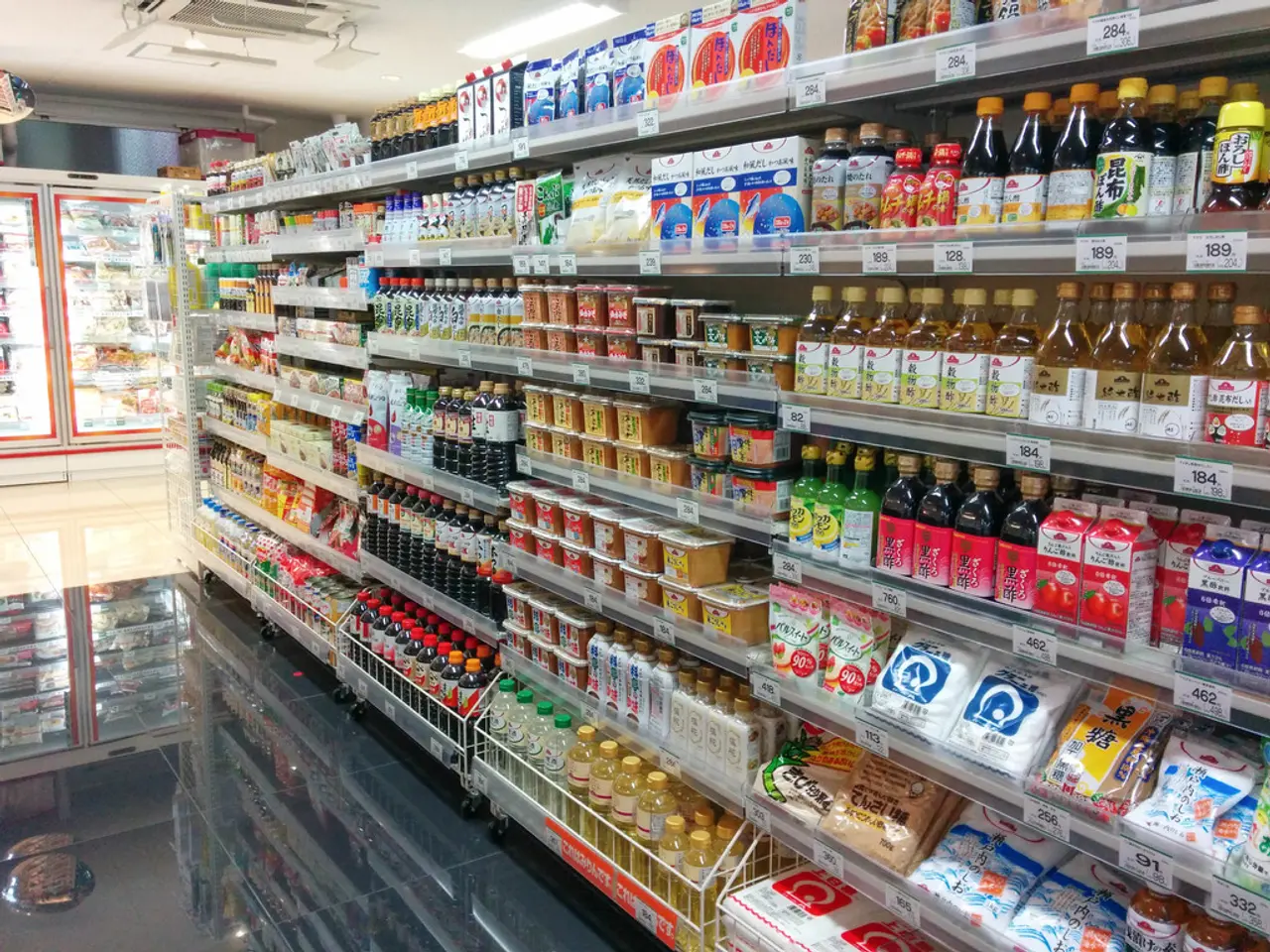Physical retail sites of Hoka serve as the main platforms for selling products at their original price.
In the first quarter of fiscal 2026, Deckers' brands Hoka and Ugg have shown significant growth, with brick-and-mortar stores proving to be especially important. Wholesale sales, in particular, have driven the strongest growth, while e-commerce and direct-to-consumer (DTC) sales have remained relatively flat.
Hoka's wholesale revenue grew 30%, supported by expanded retail presence across EMEA and APAC, including major partnerships with retailers like Intersport and JD Group. Ugg also experienced a 30% increase in wholesale sales, fueled by strong demand and replenishment in China and EMEA.
Conversely, DTC sales, which include e-commerce and owned retail stores, showed minimal growth, increasing only about 0.5% in the quarter. Deckers is expanding its own retail stores but on a much smaller scale compared to wholesale distribution.
Consumer behavior is shifting towards researching products online but preferring to purchase premium footwear like Hoka and Ugg in physical stores, contributing to the robust brick-and-mortar sales. International markets, especially China and the EMEA region, are pivotal for this in-store demand surge, with Hoka gaining traction through physical store expansions and Ugg benefiting from men's footwear and seasonal series appeal.
While DTC channels are expected to build long-term loyalty, the immediate substantial volume and revenue growth come from wholesale partners and brick-and-mortar retail presence. Domestic net sales decreased by 2.8% to $501.3 million, while international sales have driven most of Ugg's growth in the period, with the largest gains in China and the EMEA region.
Wholesale net sales rose by 26.7% to $652.4 million, but no guidance for Deckers' full fiscal year has been provided due to global trade policy uncertainty. DTC net sales barely increased, rising 0.5% to $312.2 million, and DTC sales at Ugg have decreased by 1%. Gross margin shrank to 55.8% from 56.9% a year ago. However, net income rose more than 20% to $139.2 million.
The performance of Deckers' brands Hoka and Ugg underscores the importance of brick-and-mortar wholesale channels in driving sales growth and performance, reflecting strategic marketplace management and consumer preference patterns favoring buying high-value footwear in physical retail environments.
- Deckers attributes the expansion of Hoka's wholesale revenue to increased retail presence across EMEA and APAC, and significant partnerships with retailers like Intersport and JD Group.
- In contrast, DTC sales, such as e-commerce and owned retail stores, showed minimal growth for Deckers, increasing only about 0.5% in the quarter.
- The company predicts that while DTC channels will build long-term loyalty, the immediate substantial volume and revenue growth will come from wholesale partners and brick-and-mortar retail presence.
- The performance of Deckers' brands Hoka and Ugg in the first quarter highlights the importance of brick-and-mortar wholesale channels in the footwear market, reflecting consumer preference patterns favoring buying high-value footwear in physical retail environments. Furthermore, AI and market research could be conducted to deepen our understanding of these consumer behaviors and preferences, potentially leading to innovative business and financial strategies.




